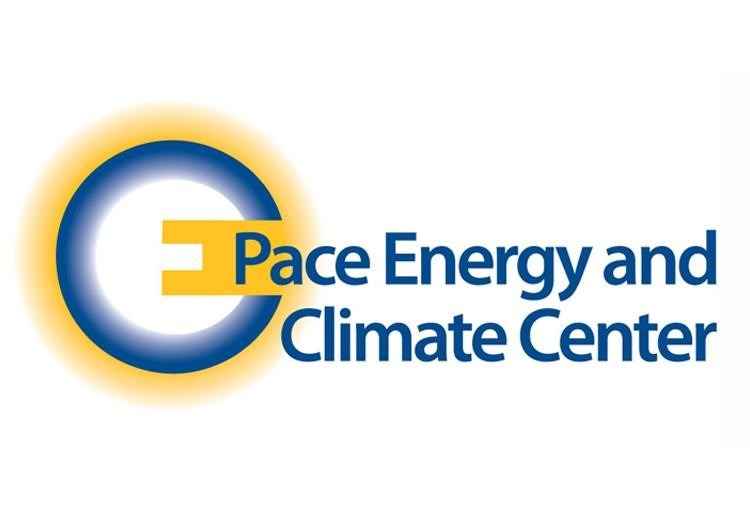Methane Is A Big Greenhouse Gas Problem
The world has a methane gas problem. Methane is over 80 times worse for forcing global heating over 20 years than its greenhouse gas sibling, carbon dioxide.
And yet we love to burn natural gas, which is mostly methane, to make electricity and heat. Our agricultural and food systems leave a lot of biomass lying around where a lot of it turns into methane and enters the atmosphere. Acceptable limits of leakage are suggested at 0.2%, however evidence suggests that actual leakage to be in the range of 1.5% to 3%






